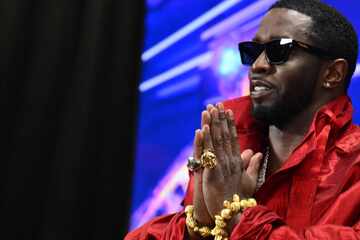Hawaiian Kingdom royal heir fights to restore land rights and independence
Geneva, Switzerland - When the State of Hawaii told her she did not own her home, Routh Bolomet started asking questions. What she found out set her on a personal journey that has led her all the way to the United Nations.
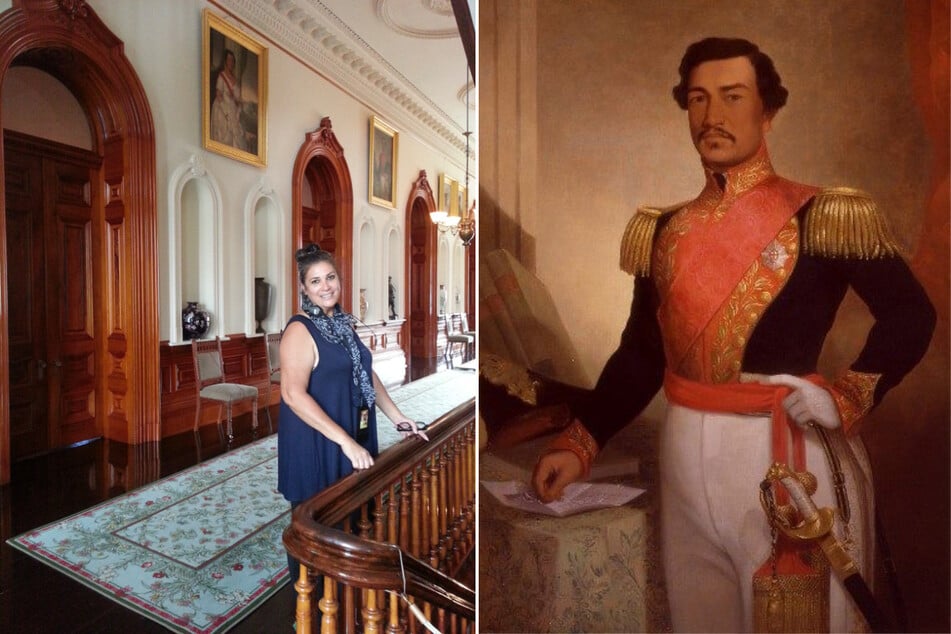
Bolomet's odyssey began in 2010, when she learned she might be overcharged for property taxes on her Oahu home. While applying for a tax exemption, a representative of the Office of Hawaiian Affairs (OHA) told her she did not own the land she and her husband paid for in cash in 1998.
This alarming news prompted Bolomet to research why her title was defective. She learned that King Kamehameha V and the Hawaiian legislature in 1865 had converted Kamehameha III's private lands (aka the Crown Lands) upon which her home sits into unsaleable lands in perpetuity with only a maximum 30-year lease possibility.
Kamehameha III kept these private lands for himself and his heirs and successors during the 1848 division – known as the Māhele – which was initially designed to protect the lands from foreign takeover and to sustain the kingdom's royal family and executive branch.
That's not all Bolomet discovered during her investigations. The former fashion designer also found out she is a direct descendant of the Kamehameha royal line.
"When I started doing the research on this [title] defect, what I learned is that all the things my grandmother told me since I was a small child about the Hawaiian Kingdom were actually true," Bolomet said by video address during a press conference in Geneva.
"Up to that point, I thought I was an American living in America, but now I know the Hawaiian Kingdom is an independent nation that still survives today – even though we have an administrator called the United States who's actually an occupier."
Re-examining Hawai'i's relationship to the United States
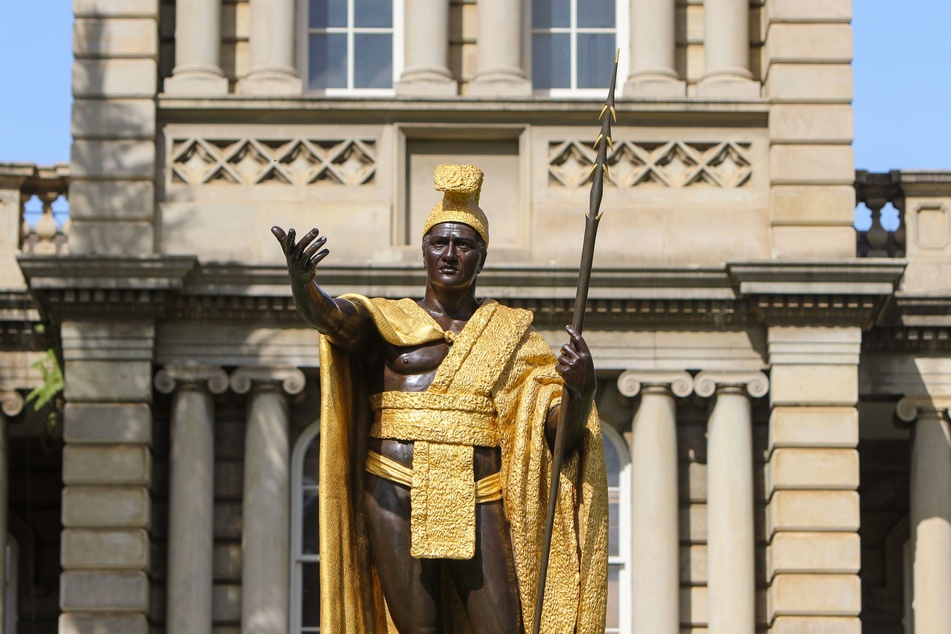
The US government formally recognized the Hawaiian Kingdom and maintained diplomatic relations with the nation after its unification in 1810 under Kamehameha I.
All of that changed in 1893, when a group of 13 white businessmen – backed by US Marines – launched a coup to oust Queen Lili'uokalani. Faced with US warships at her shores, the monarch refused to surrender.
"I do this under protest and impelled by said force yield my authority until such time as the Government of the United States shall, upon facts being presented to it, undo the action of its representatives and reinstate me in the authority which I claim as the Constitutional Sovereign of the Hawaiian Islands," she stated.
The US did not honor Queen Lili'uokalani's trust. Five years after the coup, President William McKinley authorized the Republic of Hawaii's annexation via the Newlands Resolution, and the US declared jurisdiction over all the so-called government lands of Hawai'i, wrongly assuming it included the Crown Lands.
In 1959, the US further consolidated its power by declaring Hawai'i its 50th state through Public Law 86-3, but neglected to include any of the Hawaiian Islands in the description. The move followed a referendum in which American settlers and military members were allowed to vote – in violation of international standards.
The US in 1993 acknowledged its illegal activities in Hawai'i via Public Law 103-150. Signed by President Bill Clinton, the Apology Law admits that "the indigenous Hawaiian people never directly relinquished their claims to their inherent sovereignty as a people or over their national lands to the United States, either through their monarchy or through a plebiscite or referendum."
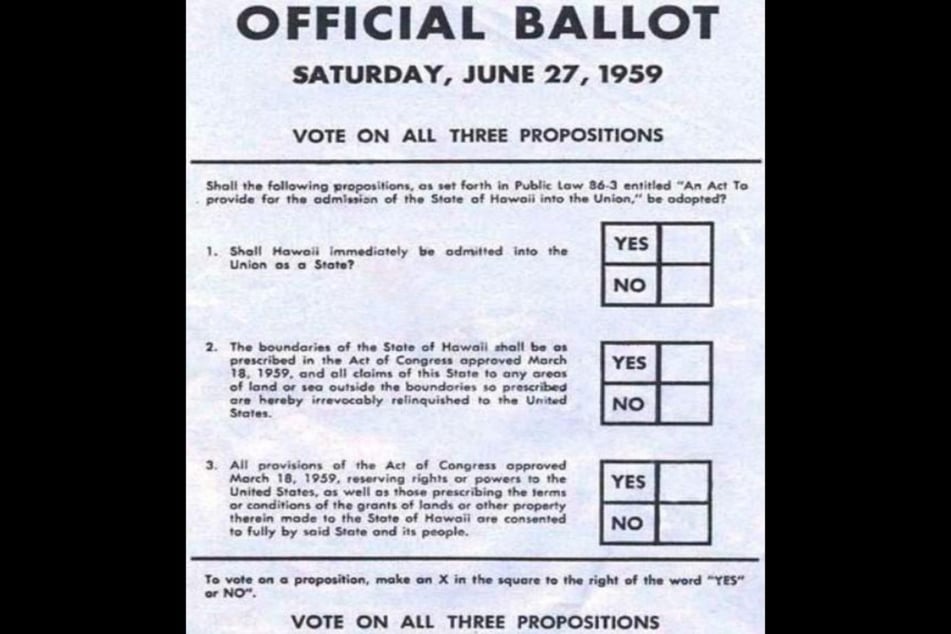
Challenging US jurisdiction on Hawaiian lands
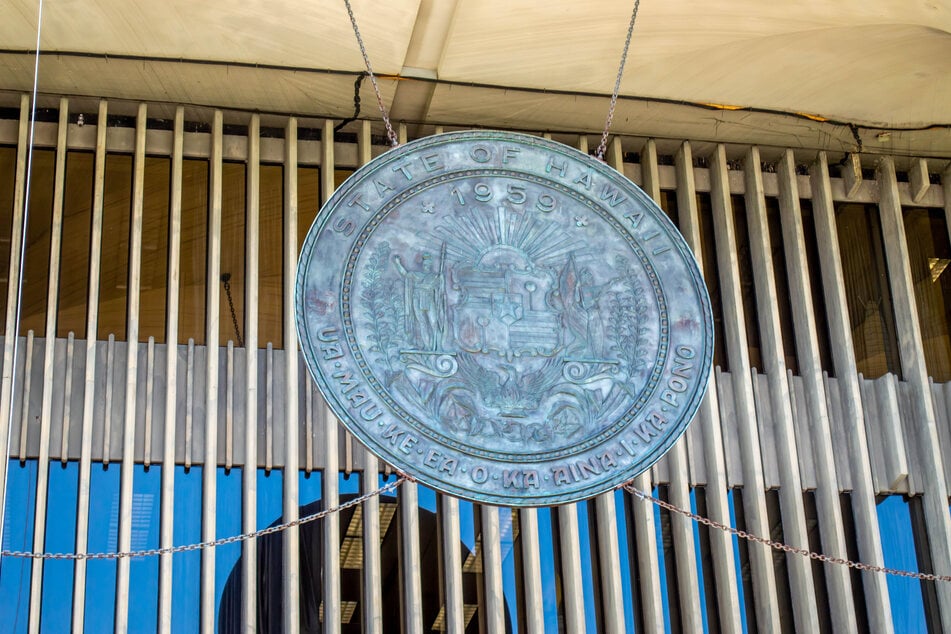
Bolomet's deep dive into US and Hawaiian Kingdom law left her in a difficult place: if she tried to sell the home OHA said had a defective title, she feared she could be held accountable for a fraudulent sale.
At the same time, OHA, a state agency, had admitted that the Kamehameha III private titles – to which she is heir – remain in effect.
This apparent contradiction raised a fundamental question: do the US federal and State of Hawaii court systems have the authority to rule on the Crown Lands?
Bolomet argues that they do not, citing the 1864 Act that from January 3, 1865, onward, made all of Kamehameha III's private lands inalienable. This is the same law used to deny her the property tax exemption she was seeking in the first place.
On top of that, the purported US jurisdiction over the Crown Lands would be in conflict with an 1849 treaty which states: "There shall be perpetual peace and amity between the United States and the King of the Hawaiian Islands, his heirs and his successors."
The treaty – which was never revoked – specifies that Hawaiian Kingdom laws apply on the Hawaiian Islands, including when it comes to property and personal security.
Instead of honoring their treaty obligations to her as a royal heir, Bolomet says the US and the State of Hawaii are depriving her and fellow Hawaiian nationals of their rightful inheritances by continuing to impose foreign US laws in questions of property ownership.
Fighting the Hawaiian state court system
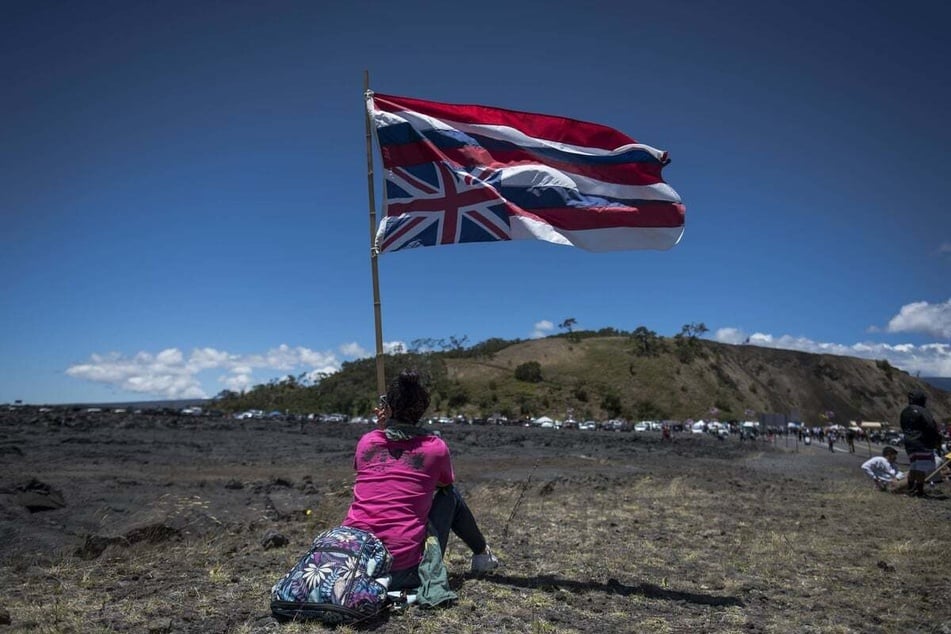
The dispute over Bolomet's home has spiraled into more than a decade's worth of legal cases involving banks, insurance companies, and State of Hawaii authorities.
These costly battles have begun to take their toll. The Hawaiian-Swiss citizen used to enjoy growing edible flowers and lush produce on her organic farm, but mounting legal expenses have forced her to give that up.
Today, the Kamehameha descendant is confronting foreclosure proceedings on the Crown Lands home she says she paid off in full by November 2013.
Bolomet told TAG24 NEWS that a confirmation hearing is scheduled for May 13 to cement the taking of her house, land, and over $3 million in equity.
"I can go from a comfortable life to homeless and financially ruined without any lawful cause," she said.
Bolomet emphasized that achieving justice is about more than just her, as she fears her case could be used to bolster the US judicial practice of stripping Hawaiian heirs of their land rights.
"How is it that we are being considered a state and our lands and our people are being held captive?" she asked.
"The United States needs to lower their flags from the Hawaiian Islands. Their flags are saying that this is their territory. We are not their territory. We are not their people."
Charting the path forward for Hawai'i
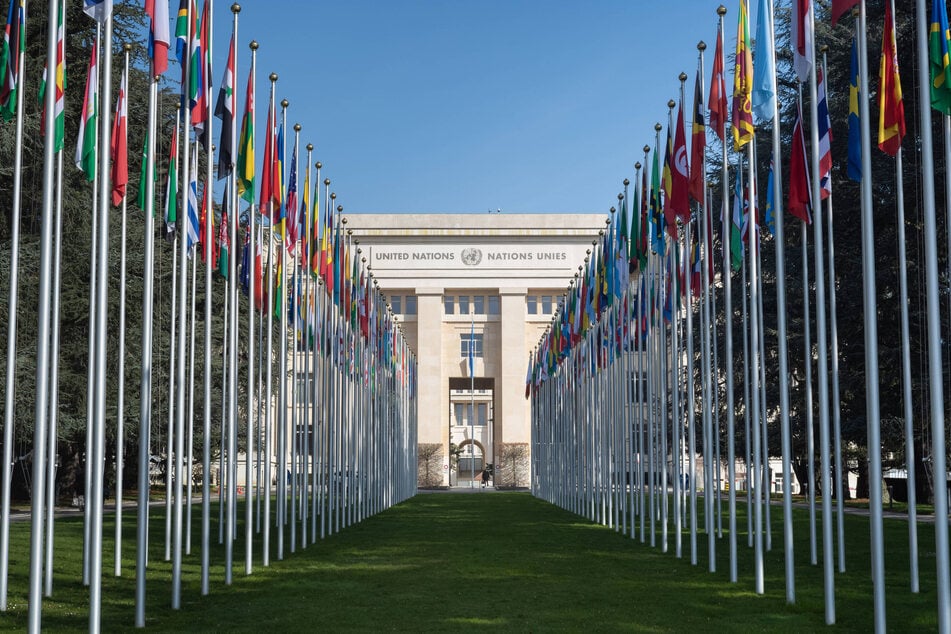
Bolomet's ongoing quest for justice has taken her to the United Nations, where she and fellow Hawaiian nationals have joined forces with Indigenous Alaskans experiencing similar infringements upon their land rights and sovereignty.
Hawai'i and Alaska have seen their cause gain traction in recent years.
Alfred-Maurice de Zayas, former United Nations independent expert on the promotion of a democratic and equitable international order, affirmed in a 2018 memo: "The lawful political status of the Hawaiian Islands is that of a sovereign nation-state in continuity; but a nation-state that is under a strange form of occupation by the United States resulting from an illegal military occupation and a fraudulent annexation."
De Zayas that same year declared Alaska an apartheid state and the denial of self-determination rights to its Indigenous Peoples a crime against humanity.
Building on this momentum, representatives of Hawai'i and Alaska are campaigning for a re-examination of General Assembly Resolution 1469. The 1959 measure removed both from the United Nations list of Non-Self-Governing Territories – defined as those "whose people have not yet attained a full measure of self-government" – without proper review procedures.
A reversal of the resolution would prove an important stride toward restoring Hawaiian independence. Bolomet says the next steps would involve determining who the true Hawaiian nationals are and then seeking international protected persons status to safeguard their private property rights.
Although the road toward a free Hawai'i may not be an easy one, there is hope if people around the world come together for truth and justice.
"There is power in our voices and our willingness to stop what's going on," Bolomet insisted. "There's only a handful of people – 13 men – who took over Hawai'i. There's much more of us who can step up to restore Hawai'i."
Cover photo: Courtesy of Routh Bolomet

